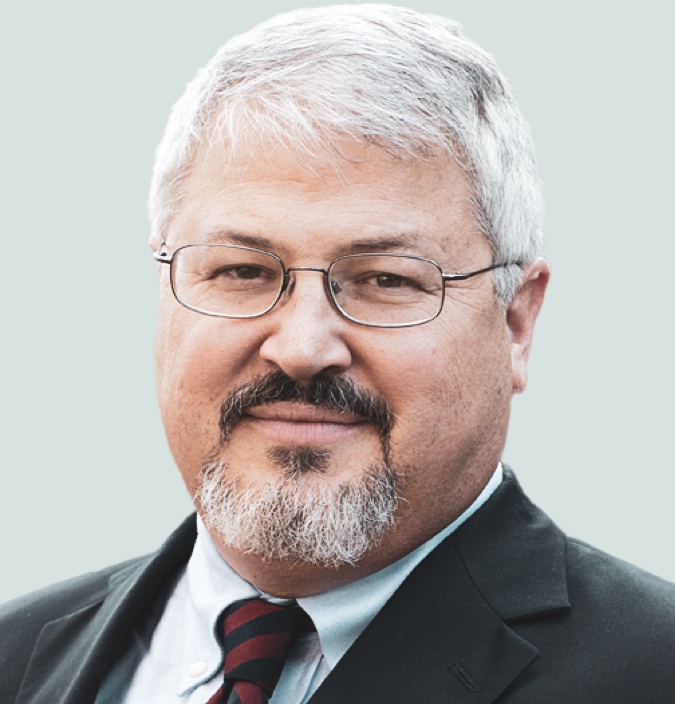About The Presidential Reform Project
The Presidency underwent major reform after the Watergate scandal of the 1970s. These changes, while important, are now outdated.
The Presidential Reform Project is a nonpartisan, nonprofit organization dedicated to studying the weaknesses in the laws and norms governing the Presidency today, and introducing pathways to reform. The project is led by Bob Bauer and Jack Goldsmith, distinguished legal scholars who served in senior roles in the Obama and Bush administrations, respectively.
Bauer and Goldsmith are co-authors of After Trump: Reconstructing the Presidency (2020), a bipartisan blueprint for what an effective overhaul of the Presidency would look like. Reporting on the book, Peter Baker of The New York Times called the authors “an unlikely tandem” who “share a common concern for what they see as the consequences of the Trump Presidency, prompting development of these proposals.”
Since its founding, the project has helped spur major changes to policies governing the Presidency. Bauer and Goldsmith were heavily involved in crafting the Electoral Count Reform Act, which passed in 2022, which closed the major pathways to future disruptions of the peaceful transfer of power. The project also successfully advocated for changes in rules governing how Presidents can fire and replace inspectors general, and for improvement in the Executive Branch system for reporting international agreements to Congress.
But this work is far from over. Additional reforms must be achieved if we are to safeguard America’s democratic processes, especially on the President’s emergency powers, war powers, civil service reform, and the way we fill Executive Branch vacancies. Any hopes that American norms and institutions would “snap back” into place have proven dangerously misguided. We must ensure they are secured for when the next crisis arrives.

Bob Bauer
Bob Bauer is Professor of Practice and Distinguished Scholar in Residence at the New York University School of Law. He is a Co-Director of NYU Law’s Legislative and Regulatory Process Clinic.
Bauer served as White House Counsel to President Obama from 2009 to 2011. In 2013, President Obama named him Co-Chair of the Presidential Commission on Election Administration. In 2021, President Biden named him Co-Chair of the Presidential Commission on the Supreme Court of the United States.
Bauer is a Contributing Editor of Lawfare and has also written for Just Security. He has published opinion pieces on constitutional and political law issues in The New York Times, The Washington Post and The Atlantic, among other publications. In 2000, Bob received the Burton Award for Legal Achievement for his writing.

Jack Goldsmith
Jack Goldsmith is the Learned Hand Professor of Law at Harvard Law School, a nonresident senior fellow at the American Enterprise Institute, and co-founder of Lawfare. He served as Assistant Attorney General, Office of Legal Counsel from 2003 to 2004, and Special Counsel to the Department of Defense from 2002 to 2003.
Goldsmith was a Professor at the University of Chicago Law School from 1997 to 2002, and at the University of Virginia School of Law from 1994 to 1997. Before entering the academy, Professor Goldsmith was an associate at Covington & Burling in Washington, D.C. He clerked for Supreme Court Justice Anthony M. Kennedy from 1990 to 1991, Court of Appeals Judge J. Harvie Wilkinson from 1989 to 1990, and Judge George Aldrich on the Iran-U.S. Claims Tribunal from 1991 to 1993.
Goldsmith is the author of, among other books, Power and Constraint: The Accountable Presidency After 9/11 (2012), and The Terror Presidency: Law and Judgment Inside the Bush Administration (2007). He has written hundreds of articles and essays on topics related to Presidential power, national security, international law, and internet policy. He teaches and writes about national security law, Presidential power, cybersecurity, international law, internet law, and foreign relations law.
